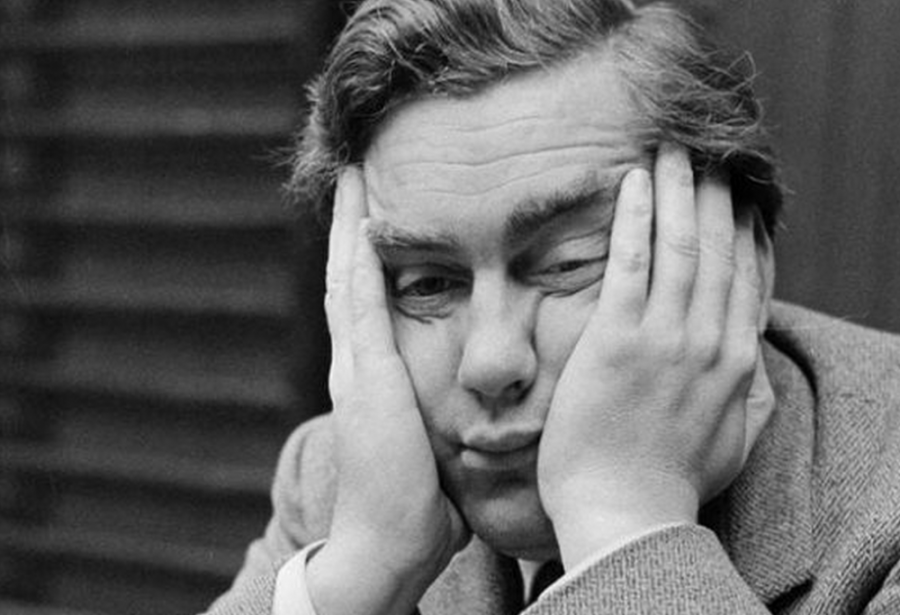
At the most basic level, the TV show was a deathmatch between two dominant cult films of the end of the 90s: the narrator from Fight Club and Patrick Bateman from American Psycho over the stakes of capitalism. Mr. Robot is Sam Esmail’s attempt at re-purposing and repairing of these two opposing representations in order to succeed where they both failed. Therefore Mr. Robot transcends tribute and arrives at re-invention. Continue reading Mr.Robot, Fight Club, American Psycho

